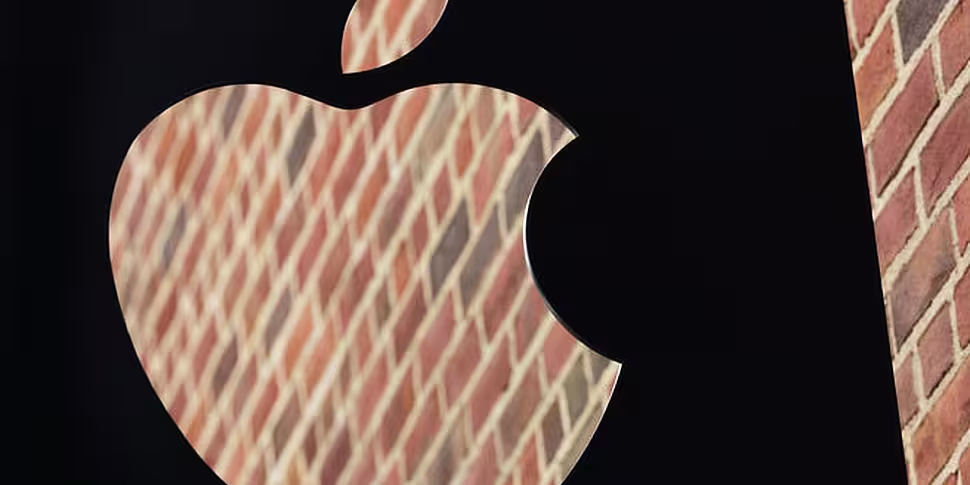The European Union is set to brand an Apple tax deal with Ireland 'illegal'.
The ruling from the European Commission, which is to be made public in the coming days, is expected to put pressure on the Revenue Commissioners here to pursue Apple for back taxes.
However, the Irish Times says the money would be held in an escrow bank account while appeals are made by both the Irish Government and Apple.
It is thought they will challenge the ruling in the European courts - a process that could take years.
The European Commission considers the tax deal illegal state aid.
Apple CEO Tim Cook (left) with Taoiseach Enda Kenny in 2015 | Image via @EndaKennyTD on Twitter
Meanwhile how any money should be spent could also be a divisive issue.
The Independent Alliance has indicated any money for Ireland should be used for hospitals and schools - but Fine Gael say under EU rules, the money must be written off against Irish national debt.
But Fianna Fáil spokesman on jobs Dara Calleary does not see a problem with it.
"Our inclination would be that we will support an appeal, we feel that there is no deal there with Apple - no special deal - we feel that we have a very robust package to offer to any inward investor, of which tax is only one part," he told Newstalk Breakfast.
"We feel there has been no breach here, and we will tackle the decision."
An EU ruling in October last year found 'sweetheart' tax deals between multinational companies and member states were unlawful.
The European Commission finding means coffee company Starbucks and car maker Fiat will have to pay as much as €30m each in back taxes to Netherlands and Luxembourg.
The Commission's statement said it had found, during a year-long investigation into the two tax rulings, that "most of the profits of Starbucks' coffee roasting company are shifted abroad, where they are also not taxed, and Fiat's financing company only paid taxes on underestimated profits".
Fiat insisted its dealings merely amounted to a clarification of pricing rules and did not constitute state aid.
The Dutch government expressed "surprise" at the ruling, saying it was convinced its handling of Starbucks tax was in line with international standards.
That sentiment was shared by the company, which said the decision contained "significant errors".










